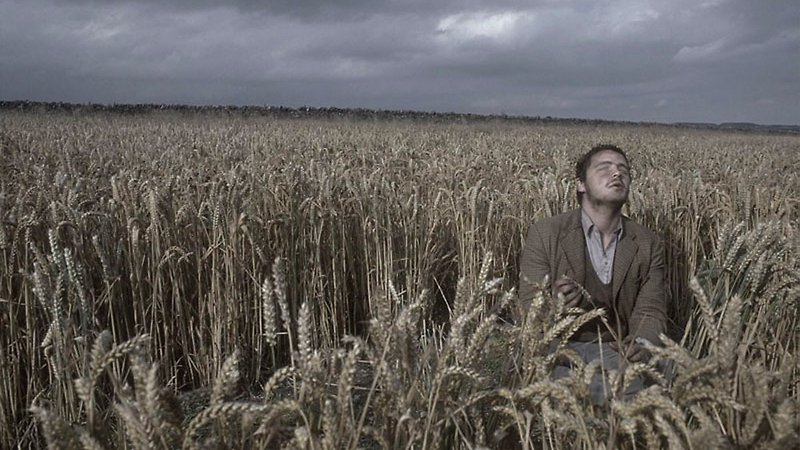
“Like illegal cider brewed in the dark corner of a barn, this is not for weak stomachs. But it’s got a kick to it.” — Peter Bradshaw, The Guardian
Screened as part of NZIFF 2002
This Filthy Earth 2001
"For his first stab at full-length fiction… [Andrew Kötting] has chosen to adapt Emile Zola’s 1887 La Terre, a chunky 19th-century novel full of outsized characters and thumping melodrama… anyone deluded enough to expect a plush heritage film along the lines of Claude Berri’s 1993 Germinal will probably go into toxic shock. This Filthy Earth is a true phantasmagoria inhabited by rural monsters and grotesques so backward they seem prehistoric. It’s virtually impossible to find one’s bearings in this floating nightmare. Kötting chips away at our ordinary filmgoing security with a screechingly abrasive technique that combines slow and speeded-up motion, time-lapse photography, changes in film stock, non-synchronous sound and archival inserts. At times, the fractured imagery produces a near-subliminal effect – was it a hallucination or did we really see an old crone sinking beneath the surface of the primal slime?
…Yet the film is most powerfully visionary at its least coherent… the picture owes more to the proto-surrealist fancies of Bosch and Bruegel than the pseudo-scientific pretensions of Zola. Though the setting has been vaguely Anglicised to Yorkshire, anthropological accuracy is far from the point. Intoning the most preposterous soothsaying dialogue, sporting threadbare costumes that belong to no particular time or place, these country people suggest the immemorial archetypes of a folk tale.
Sensation-monger that he was, Zola served up a witches’ brew of murder, rape, incest and scatology in the name of truth-loving naturalism. Kötting and his co-screenwriter Sean Lock have scrubbed much of the obscene detail, but thanks to cinema’s perceptual immediacy, what remains is still awesomely disgusting… What’s remarkable about the film (and here it cleaves most faithfully to Zola) is the blunt impartiality of the observation. Repugnant though they might appear in their greed, treachery and crude superstition, the rustics possess an elemental innocence that sets them beyond moral judgement. Kötting views his characters without horror, patronage or even sympathy because they are mere excrescences of nature – troglodytes who have only just deserted their caves and still cling narrowly to the earth. The largely unfamiliar cast disappear into their roles and consummate the archaic illusion. Indeed, one learns with a faint jolt that the loathsome, jabbering crone is played by a professional actor… Despite and through its many exasperations, the movie is an unforgettable experience and heralds the rise of a major British film-maker." — Peter Matthews, Sight & Sound